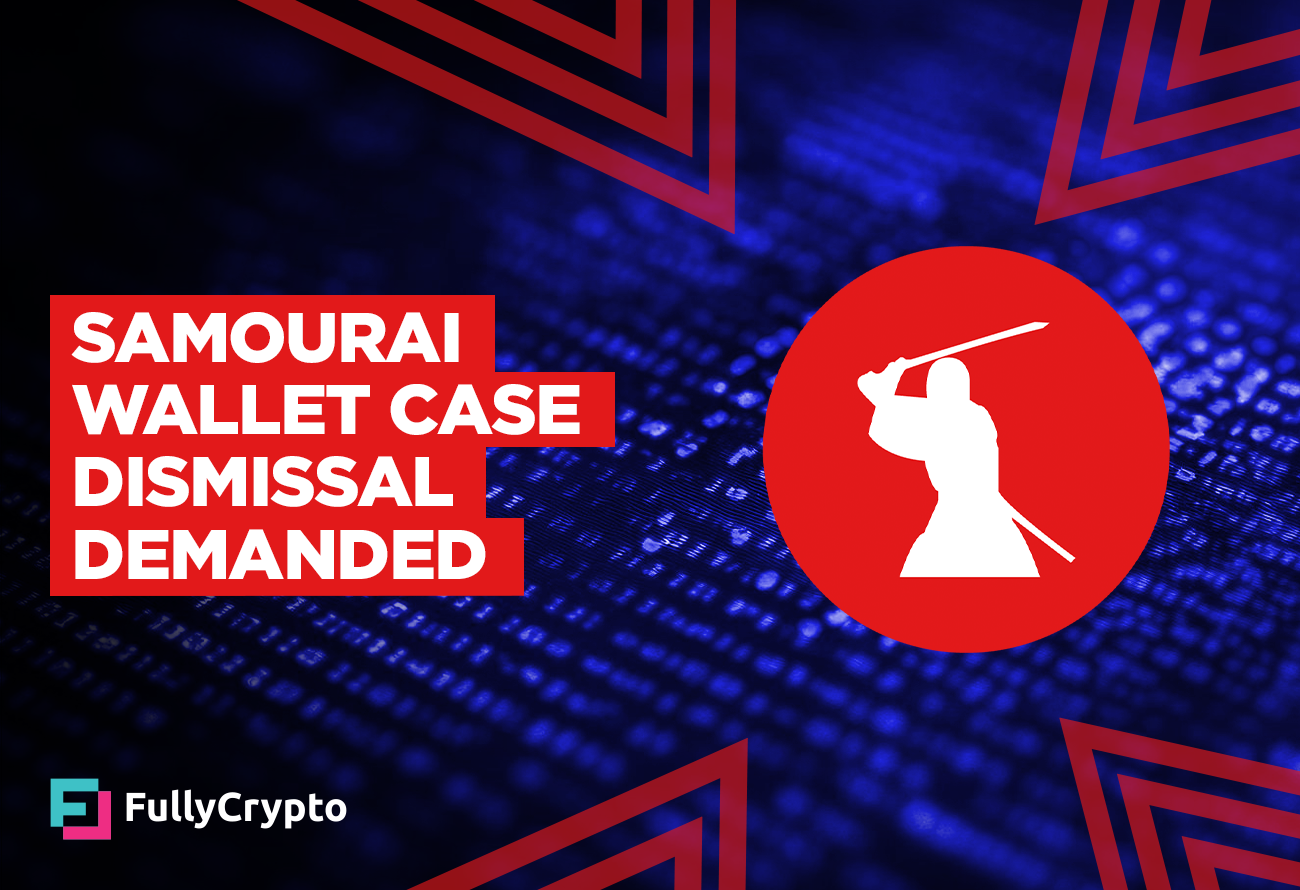
Reading Time: 2 minutes
- Crypto advocacy teams bear entreated a U.S. court docket to brush off the case in opposition to Samourai Pockets
- Builders argue they fully created gadget, no longer acted as cash transmitters
- Critics dispute the costs chance broadening correct liability for non‑custodial crypto tools
A coalition of prominent crypto advocacy teams has known as on a federal think to brush off the Justice Department’s costs in opposition to Samourai Pockets, arguing the case represents a harmful correct precedent for gadget builders. The gadget—a privacy-centered Bitcoin mixer—was shuttered final year, and its founders arrested, but several teams bear known as for the costs to be dropped. The campaign follows the reversal by a U.S. bring to mind the case in opposition to Twister Money earlier this year.
Case Hinges on Machine, No longer Money Preserve an eye fixed on
In April 2024, U.S. authorities shut down Samourai Pockets and arrested its founders, Keonne Rodriguez and William Lonergan Hill, accusing them of working an “unlicensed cash transmitting exchange” and facilitating cash laundering.
The Department of Justice (DOJ) alleges the platform processed around $2 billion in mixed transactions, along side $100 million tied to illicit sources love Silk Avenue and Hydra Market. Rodriguez and Hill, who every face as much as 25 years in jail, withhold they simply developed gadget; users, no longer the builders, controlled the crypto funds.
Advocacy Groups Step In
The Blockchain Affiliation, Coin Heart, the DeFi Education Fund, and the Bitcoin Coverage Institute final week submitted amicus briefs supporting the dismissal of the case, in which they emphasized that the builders never held or transferred funds themselves and argue that FinCEN steering requires “total self sustaining withhold an eye fixed on” of property to qualify as cash transmission.
Amanda Tuminelli, Chief Vivid Officer at DeFi Education Fund, defended privacy-bettering tools, telling Decrypt, “Privacy is odd: it’s odd for folk to prefer to originate monetary transactions on‑chain whereas soundless affirming privacy—folks create that with cash each day of their odd lives.” Peter Van Valkenburgh of Coin Heart added that merely running a coin‑be a half of server “didn’t upward push to the extent of withhold an eye fixed on over user funds that justifies remedy as a cash transmitter” beneath FinCEN’s 2019 steering.
This case builds on tensions sparked by earlier actions in opposition to Twister Money, whose founders were sanctioned for laundering over $1 billion. While Twister Money was later delisted and courts blocked extra sanctions, the Samourai Pockets case reflects escalating debate over how privacy tools are regulated. If the authorities’s sizable definition of cash transmission prevails, builders of non-custodial crypto tools can also face legal liability, explaining why advocates are demanding clearer correct boundaries to balance privacy and innovation in opposition to legit concerns over illicit monetary process.


